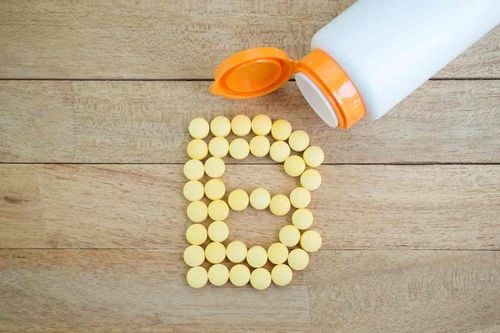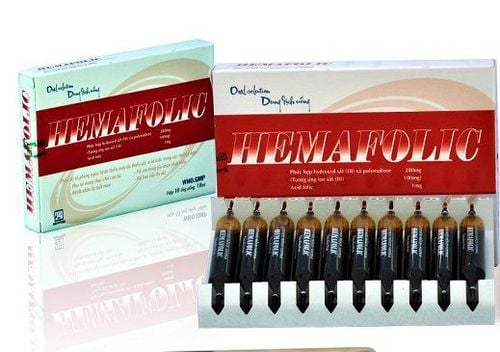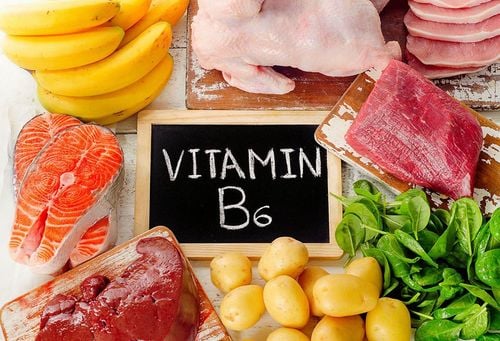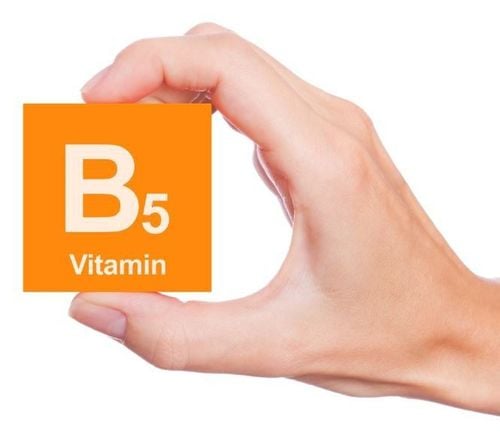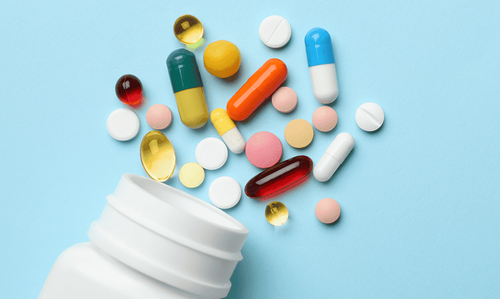This is an automatically translated article.
Vitamin B6 also known as pyridoxine, acts as a catalyst that helps the body use and store energy from proteins and carbohydrates in food as well as contributes to the production of hemoglobin, a substance in red blood cells that carries red blood cells. oxygen travels throughout the body. Many foods in the daily diet containing vitamin B6 are recommended to prevent vitamin b6 deficiency. Also, when taking supplements, it's important not to take too much to avoid the risk of vitamin B6 toxicity.1. Signs of vitamin B6 deficiency
Vitamin B6 deficiency often occurs when other B vitamins in the body also have low levels, especially vitamin B12 and folic acid. A mild deficiency may have no symptoms, but a more severe or persistent deficiency may present with the following signs:
Small red blood cell anemia Skin disease Depression Confusion Decreased immunity Some Conditions that may increase your risk of developing a deficiency by interfering with vitamin B6 absorption are as follows:
Kidney disease Autoimmune intestinal disorders such as celiac disease, ulcerative colitis, and Crohn's disease Inflammatory disorders autoimmune such as rheumatoid arthritis Alcoholism Toxic exposure

Thiếu vitamin B6 có thể gây ra tình trạng lo âu
2. Signs of Vitamin B6 poisoning
In contrast to vitamin B6 deficiency, it is difficult to reach toxic levels of vitamin B6 from food sources alone. Vitamin B6 is a water-soluble vitamin; Accordingly, the excess and unusable amount of vitamins will be excreted from the body through urine.
However, there is a risk of Vitamin B6 toxicity when supplementing with very high doses over a long period of time with more than 1,000 mg per day. Symptoms of Vitamin B6 toxicity usually subside after high doses are stopped and include:
Peripheral neuropathy in the feet and hands Loss of ataxia - loss of control of body movements Damage painful, disfigured skin Digestive symptoms, such as heartburn and nausea Sensitivity to sunlight (photosensitive) Numbness Decreased ability to perceive pain or high temperature In short, everyone is can get the required amount of vitamin B6 by maintaining a varied diet of foods such as whole grains, beans, vegetables, liver, meat and eggs, minimizing the possibility of vitamin B6 deficiency as well as vitamins other group B. If you want to take a vitamin B6 supplement, you should not take too much because this can lead to Vitamin B6 poisoning and harm the body, unless prescribed by a doctor in special cases.

Ngộ độc vitamin b6 gây ra triệu chứng tê bì chân tay
The lack or excess of vitamin B6 has a significant impact on human health. Therefore, you should use it in a moderate amount or as prescribed by your doctor, pharmacist, or nutritionist. If you need more in-depth advice, you can go to Vinmec International General Hospital to examine and get the best advice.
Please dial HOTLINE for more information or register for an appointment HERE. Download MyVinmec app to make appointments faster and to manage your bookings easily.
References: hsph.harvard.edu, msdmanuals.com, msdmanuals.com




